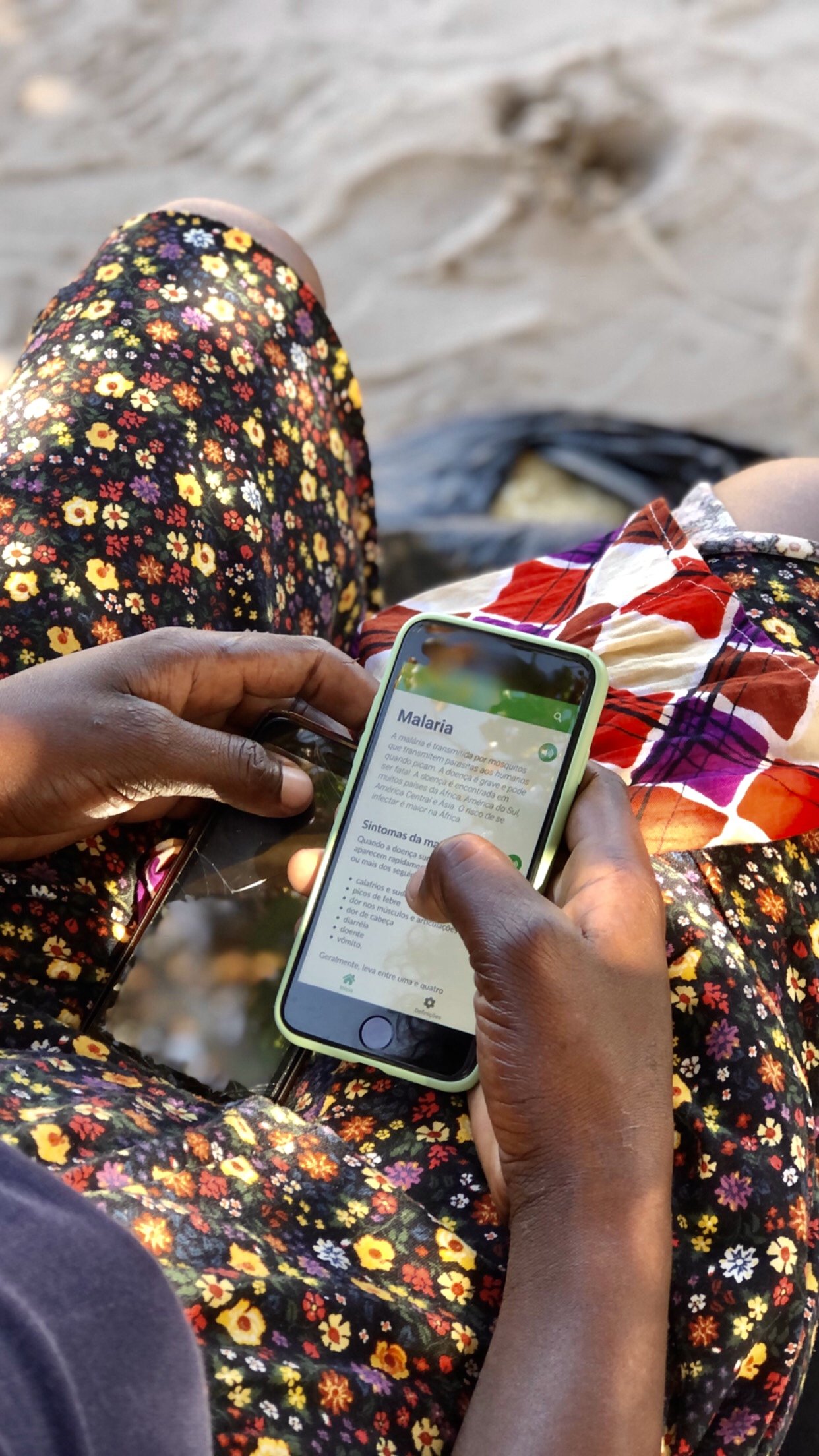



Increasing access to healthcare in rural areas in low-income countries using mobile application
Abstract
This study investigates the possibilities for an end-user mobile application that increases access to healthcare in rural communities in Mozambique. The country is facing multiple healthcare-related challenges, including a high prevalence of infectious diseases and a low density of physicians. Improved accessibility to mobile phones opens up the possibility of using mobile health applications to improve health outcomes for people in the country. A literature review, interviews, and questionnaires are conducted to better understand the country, its healthcare system, and its people. Based on the collected data, requirements are developed for a mobile health application that provides healthcare information to patients. The requirements are evaluated based on user testing and the framework tool Dynamics of Social Practice. The perceived usefulness and material prerequisites suggest that the application could get a foothold in Linga Linga and similar rural areas, provided that it’s accompanied by training and redesigned to facilitate ease of use. In the future, the requirements’ technical, operational and economic feasibility could also be Investigated.
